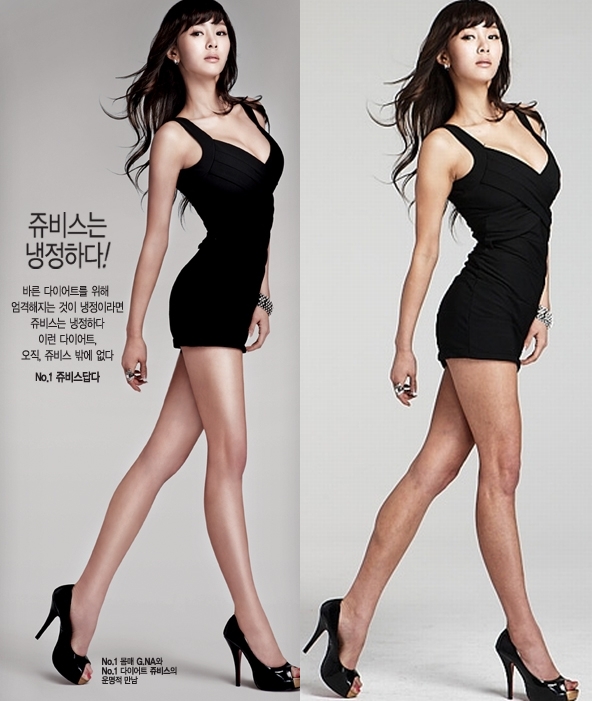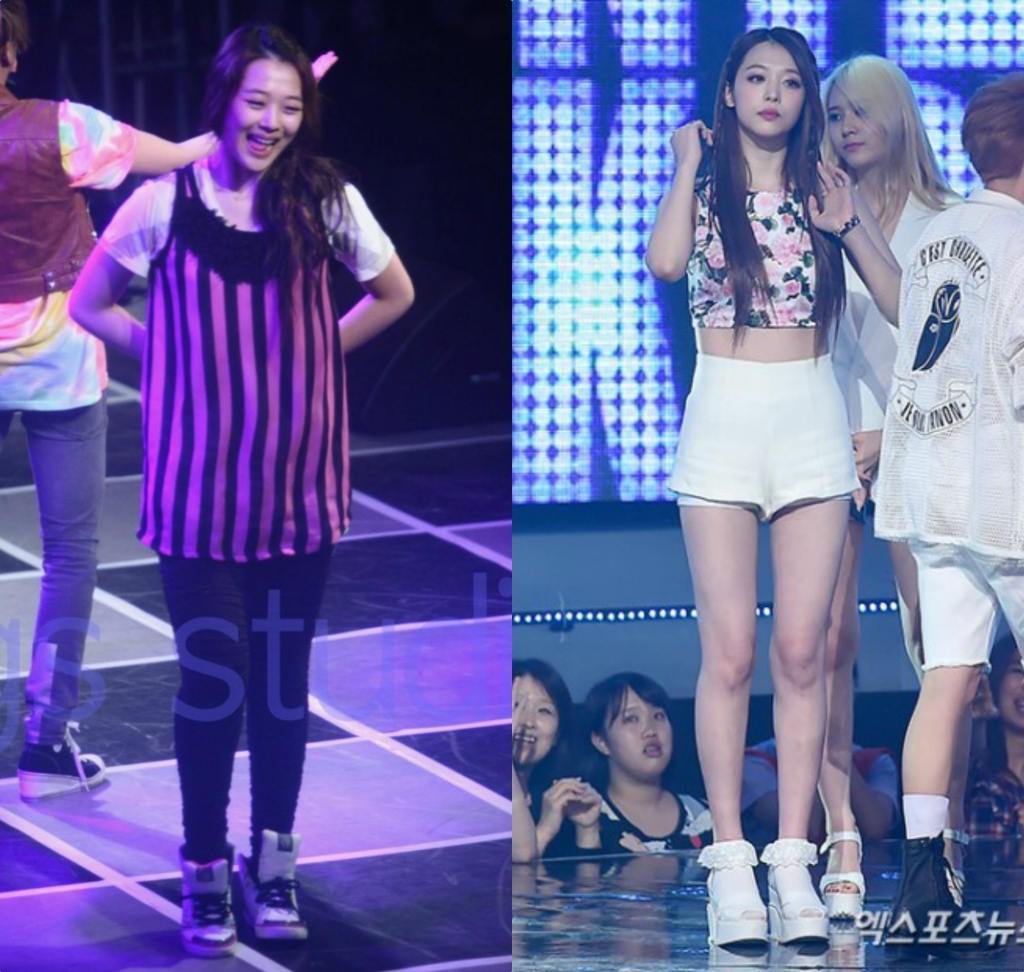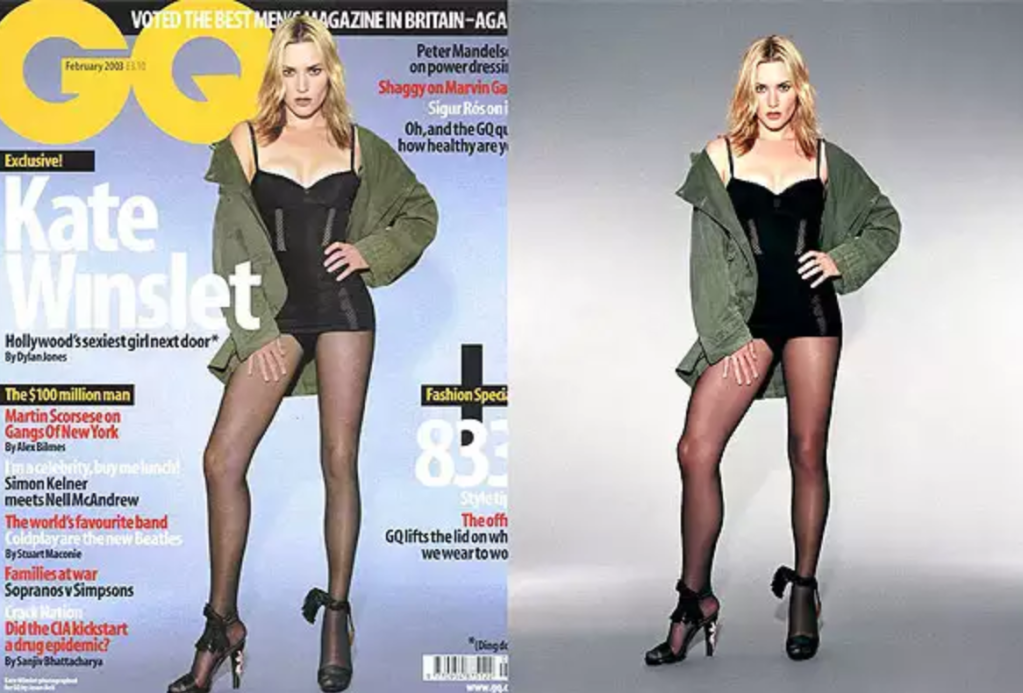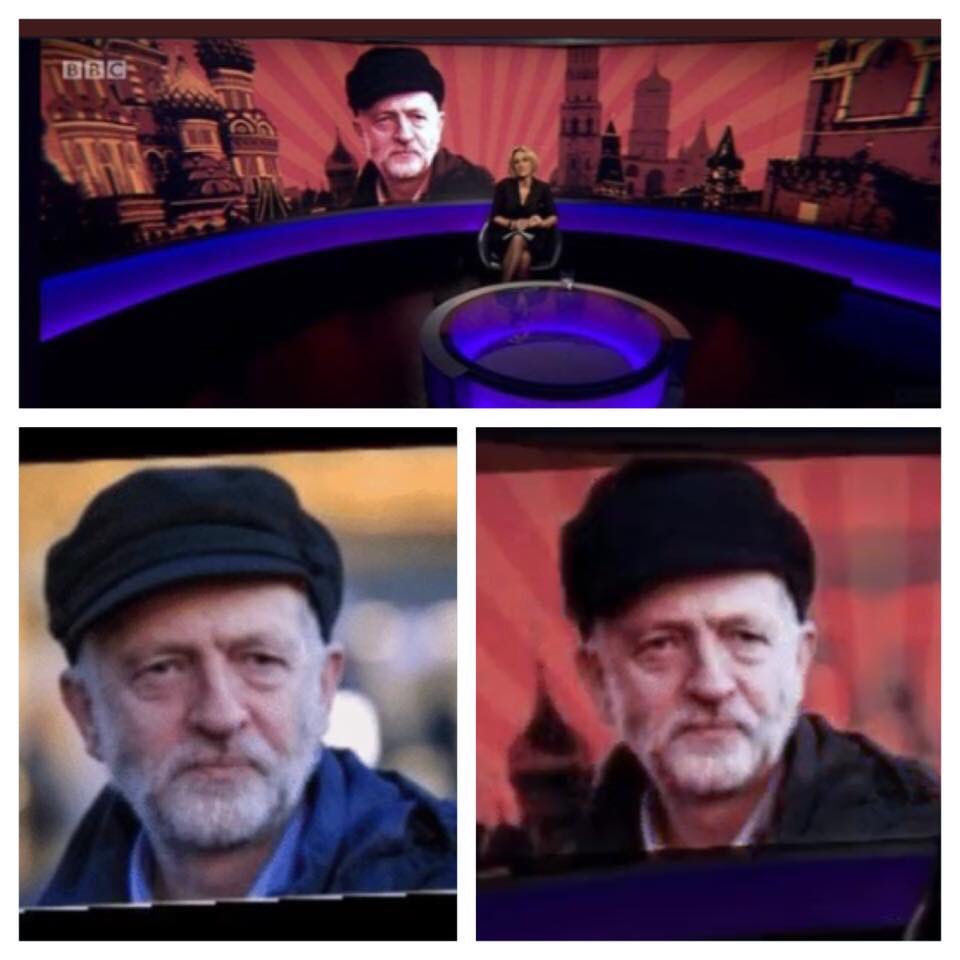1.1 + 1.2 The Impact of Digital Manipulation has had on the perception of the photographic image

In a world where everyone has an app on their phone to look almost ‘photoshop’ perfect in their photos, it makes me think how it has impacted us as impressionable people surrounded by adverts that show people looking almost flawless. It makes me think about how as a woman, I think ten times before sharing a selfie online, how much I hate any small flaw on my face, when in fact millions of people do the same to themselves as well.

A recent incident made me think about how self image impacts the way we feel about ourselves mentally, a young kpop star named Sulli, who was previously in a band called F(x), but began her career in acting and modelling but unfortunately passed away due to the bullying, that caused her to suicide, that also involved her image in a conservative South Korean community (this involved many other matters as well). She was an easy target at the beginning to online bullying regarding her weight, and working for an industry where almost every singer looked flawless, I can imagine how the weight commentary must’ve affected her. Almost all kpop stars have to look flawless at all times to keep up an image, and any slightest weight gain would cause negative commentary. This made me reflect on how we in the west also view on what is “perfect”.

Not just women, but men as well are photoshopped to look “perfect” as well, even though these ideals are far from the truth, and can make an impact on how we perceive others and ourselves in society.
The impact digital manipulation has had on photography has changed the way we see photo journalism and news as well in “editing” the truth, making photography less about delivering the raw truth as it used to be, even though this type of photo manipulation has been done in the past as well before computer and Photoshops were around for our editing convenience.

The Case Of The Cottingley Fairies
These photos featured two young cousins, who lived in Cottingley, near Bradford England. It was in 1917 when these photos came to the attention of Sir Arthur Conan Doyle, who used them to illustrate an article on fairies as a scientific discovery. As a spiritualist, he was interested in the psychic phenomena of the photos as clear evidence that fairies existed. Although it was proven although the photos had no evidence of editing or manipulation on film, it came to the conclusion that the camera took what was actually in front of it but soon to be realised that the fairies themselves are only paper cut outs, this was highly famous for photographic deceptions.
I find that even that was in itself one of the first forms of photographic manipulation, which can be perfectly replicated even today digitally over Photoshop easily.
In todays politics, we also have photo manipulation on public figures as well, just to bend the truth a bit in order to sell fake or misrepresented photos.

Pic 2 source; https://www.elitereaders.net/how-media-can-manipulate-truth/: The other photo on the right is a photo taken in a different perspective of the photographer, making Prince William look like he’s giving the finger at someone, although he is only holding three fingers up in a different angle, therefore altering the truth, even though there was no digital manipulation.
Over all, the idea that ‘photography is truthful’ has changed, as a photo can be interpreted based on opinion, even though there were no obvious digital editing behind it, the context can also be interpreted in different ways. I believe it’s always been this way since the photographic camera was born, whether it was through propaganda, politics or to sell a false lie to the public.
